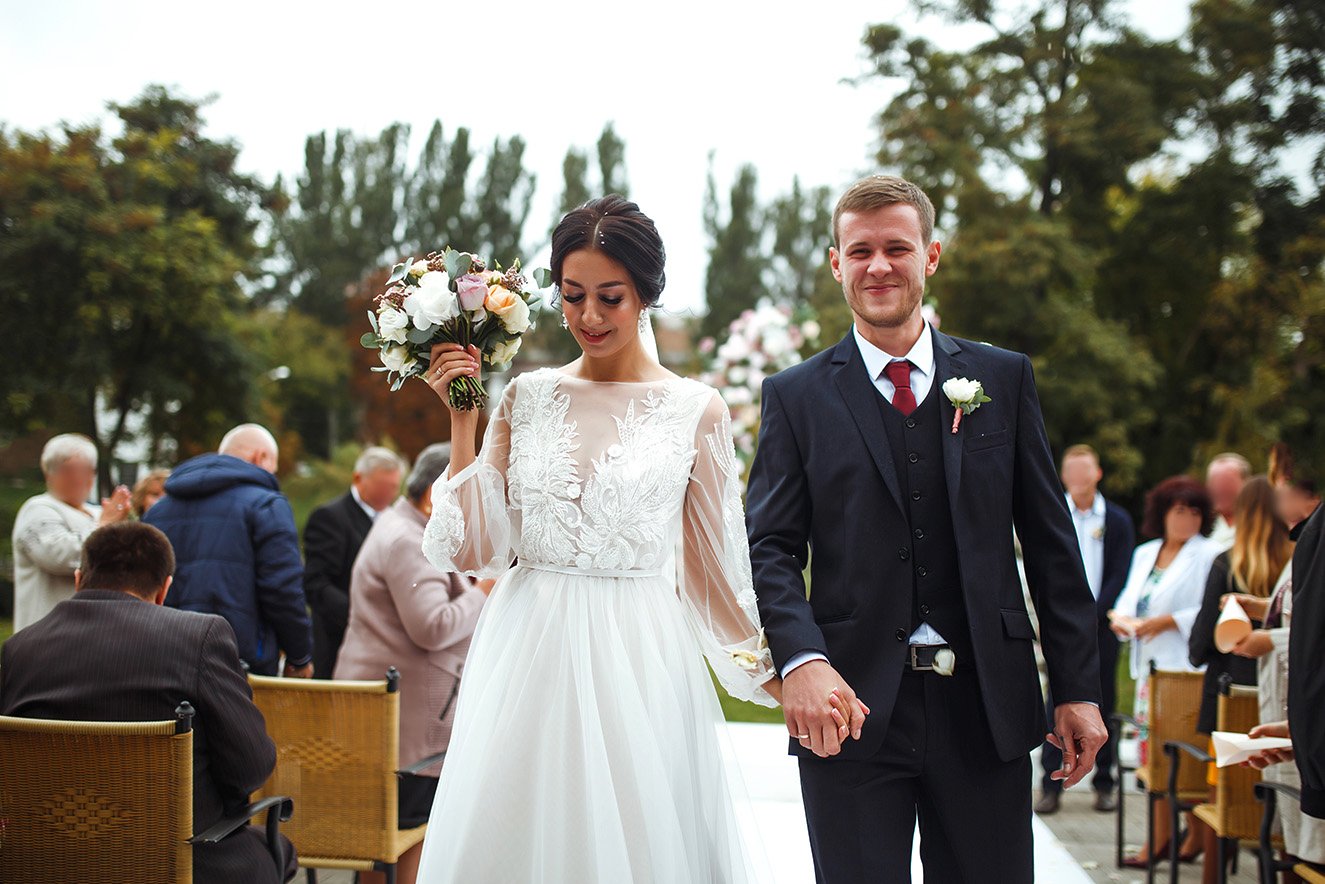Establishing your wedding budget is a critical first step in the wedding planning process. Understanding your financial boundaries will help you make informed decisions and avoid unnecessary stress. Begin by having an open discussion with your partner and any contributing parties about the total amount you can comfortably spend. Once you have a clear budget in mind, break it down into categories to ensure all aspects of your wedding are covered.
Typical wedding expenses include the venue, catering, attire, photography, entertainment, decorations, and transportation. The venue and catering often constitute the largest portion of the budget, sometimes accounting for up to 50% of the total cost. Allocate funds accordingly, considering the significance of each element to your overall vision.
To prioritize spending, determine what aspects of the wedding are most important to you. For some, it might be the venue and food, while others might prioritize photography or entertainment. Once you have identified key priorities, allocate a larger portion of your budget to these areas and find ways to save on less critical elements.

There are numerous ways to save money without compromising your dream wedding. Consider holding your wedding on a weekday or during the off-season when venues and vendors often offer discounts. Opt for in-season flowers and a simpler décor to reduce costs. Additionally, explore DIY options for invitations, favors, and decorations to add a personal touch while staying within budget.
Creating a budget spreadsheet is an effective way to track all expenses. List each category and allocate a specific amount for each. As you book vendors and make purchases, record the actual costs to ensure you remain within your budget. Regularly updating the spreadsheet will help you stay organized and alert you to any potential overspending.
By establishing a realistic wedding budget and prioritizing key elements, you can plan a memorable wedding without financial stress. With careful consideration and strategic allocation, your special day will reflect your vision and style within your financial means.
Planning a wedding involves numerous tasks, each with its own deadline. Establishing a comprehensive wedding timeline ensures that all essential elements are addressed in a timely manner. Here is a guide to help you navigate through the various stages of wedding planning, from 12-18 months before the wedding to the big day itself.
12-18 Months Before the Wedding:
9-12 Months Before the Wedding:
6-9 Months Before the Wedding:
3-6 Months Before the Wedding:
1-3 Months Before the Wedding:
1 Month Before the Wedding:
1 Week Before the Wedding:
The Big Day:

Handling unexpected changes and delays is an integral part of wedding planning. Flexibility and a positive attitude can make a significant difference. Always have a backup plan for key aspects such as weather, transportation, and vendor availability. By closely adhering to this comprehensive wedding timeline, couples can ensure a smooth and memorable wedding day.
Securing the right wedding vendors is a crucial step in planning your big day, as they play a significant role in bringing your vision to life. From photographers to florists, caterers, and entertainment, each vendor contributes uniquely to the overall experience. To ensure you select the best professionals for your wedding, start by researching and compiling a list of potential vendors. Recommendations from friends, family, and online reviews can be invaluable during this stage.
When considering potential wedding vendors, it’s essential to ask detailed questions to gauge their suitability. For photographers, inquire about their style, experience, and availability. Ask to see full galleries of previous weddings they have shot to ensure their work aligns with your expectations. For florists, discuss their familiarity with your preferred blooms and their ability to create the arrangements you envision. Caterers should be questioned about menu options, dietary accommodations, and the possibility of a tasting session. Entertainment professionals, whether DJs or live bands, should be able to provide demo recordings or live performance videos to demonstrate their skills.
Reviewing contracts meticulously is another critical aspect of booking wedding vendors. Ensure all details, including services, costs, and timelines, are clearly outlined. Pay special attention to cancellation policies and any additional fees that might arise. Securing vendors early in the planning process is highly recommended, as it not only guarantees their availability but also allows ample time for any necessary adjustments.
Negotiating prices can be a delicate process, but it is certainly feasible with the right approach. Begin by understanding the market rates and being transparent about your budget constraints. Many vendors are willing to offer customized packages or discounts for off-peak dates. It is also important to ensure that vendors align with your vision and budget, fostering a collaborative relationship that ultimately enhances your wedding day.
As the wedding day approaches, ensuring that final preparations are meticulously handled is crucial for a seamless event. One of the most important tasks is confirming all arrangements with vendors. Reach out to each vendor to confirm the details of their services, including arrival times, set-up requirements, and any last-minute changes. This includes the caterer, photographer, florist, and entertainment. Double-check that all payments have been made and contracts are in order.
Creating a detailed day-of timeline is another essential step. This timeline should outline every event of the day, from the bride and groom’s preparations in the morning to the final send-off in the evening. Include time allocations for each segment, such as hair and makeup, transportation, ceremony, photo sessions, and reception activities. Share this timeline with your wedding party, vendors, and anyone involved in the coordination to ensure everyone is on the same page.
Organizing wedding attire and accessories in advance will save you from last-minute stress. Ensure that the wedding dress, suits, bridesmaids’ dresses, and any other attire are clean, pressed, and ready to wear. Gather all accessories, such as shoes, jewelry, veils, and cufflinks, and place them in a designated area for easy access on the wedding day. It’s also wise to prepare an emergency kit containing items like safety pins, sewing kits, extra buttons, and stain removers.
Handling wedding day logistics effectively is vital for a smooth experience. Consider appointing a trusted friend or professional coordinator to manage the schedule and troubleshoot any issues that may arise. This allows you and your partner to focus on enjoying the day rather than dealing with logistical challenges. Additionally, having a backup plan for outdoor events in case of inclement weather will prevent unwanted surprises.
Lastly, to enjoy the day stress-free, take some time to relax and unwind before the festivities begin. Whether it’s through a quiet breakfast, a brief walk, or a few moments of meditation, finding a way to center yourself will help you fully appreciate every moment of your wedding day. By following this comprehensive checklist, you can ensure that nothing is overlooked, and your special day unfolds just as you envisioned.
"Natural Beauty + Modern Elegance"
Stay in tune with the latest developments in the Danada House Renovation and be one of the first to celebrate your joyous occasions in 2025!
2024 Danada House. All Rights Reserved